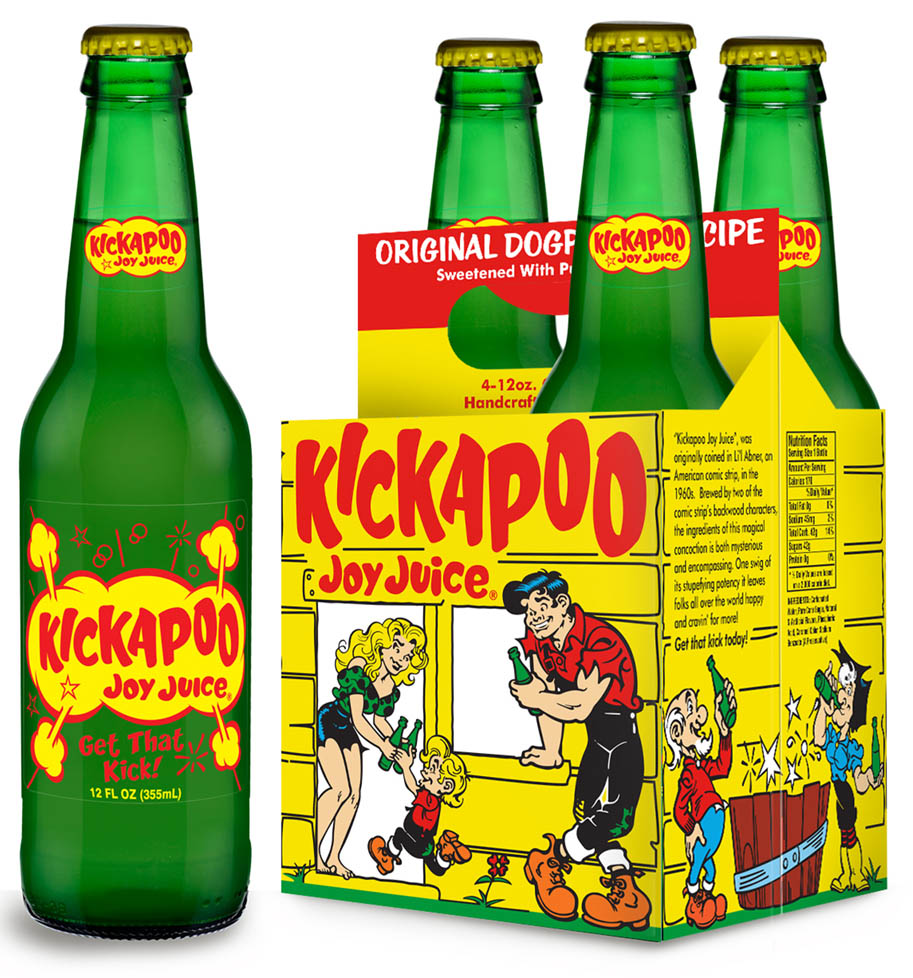
Echoes of Endurance: The Enduring Power of Kickapoo Traditional Games
In a world increasingly dominated by digital screens and sedentary lifestyles, the ancient practices of indigenous communities offer profound lessons in holistic well-being. Among them, the Kickapoo Traditional Games stand as a vibrant testament to the enduring power of ancient sports – not merely as pastimes, but as foundational pillars for physical training, spiritual development, and community cohesion. For the Kickapoo people, whose history is etched with resilience and profound connection to the land, these games are living history, a dynamic bridge connecting generations and preserving a unique cultural identity.
The Kickapoo, an Algonquian-speaking people with historical roots in the Great Lakes region, embarked on a remarkable journey of migrations that ultimately led them to establish communities across Kansas, Oklahoma, Texas, and even Mexico. This history of movement and adaptation necessitated a formidable physical and mental fortitude. It is within this crucible of survival and cultural preservation that their traditional games took root and flourished, evolving over centuries to hone the skills essential for life, hunting, warfare, and ceremonial practice.
"For the Kickapoo, these games were never just recreation. They were a classroom, a training ground, and a spiritual conduit," explains a cultural elder, whose words echo the collective wisdom passed down through countless generations. "Every movement, every contest, carried meaning – teaching us how to be strong, how to be agile, how to work together, and how to respect the spirit in all things."
Physical Training: A Curriculum of Survival and Strength
The physical demands of traditional Kickapoo life were immense. Hunting, gathering, defending territories, and undertaking long migrations required peak physical condition. The games, therefore, served as an organic, engaging curriculum for developing these critical attributes. They were, in essence, a sophisticated system of physical literacy, naturally integrating strength, endurance, agility, balance, and hand-eye coordination into daily life.

Footraces, a staple across many indigenous cultures, were central to Kickapoo training. These were not merely sprints, but often long-distance challenges, testing stamina and determination. Running across varied terrain – through forests, over hills, and alongside rivers – mimicked the demands of the hunt or evasion from enemies. Such races fostered cardiovascular health, muscle endurance, and the mental grit to push past physical discomfort, skills directly transferable to the pursuit of game or the swift movement of a community.
Archery and spear-throwing competitions honed precision, upper body strength, and focus. The ability to accurately launch a projectile was vital for securing food and for defense. These contests demanded a keen eye, steady hand, and understanding of trajectory and wind, skills that were not abstract but directly linked to survival. Young warriors learned to draw powerful bows and launch spears with accuracy, developing the shoulder, back, and arm strength necessary for sustained effort.
Games involving sticks and balls, often reminiscent of early forms of lacrosse or stickball, were also prominent. These highly dynamic team sports emphasized agility, speed, and strategic thinking. Players would navigate a field, often with rudimentary sticks, attempting to propel a small ball towards a goal. The chaotic, fast-paced nature of these games demanded quick reflexes, excellent hand-eye coordination, and the ability to anticipate opponents’ movements. More importantly, they fostered a deep understanding of teamwork and collective strategy – skills invaluable in communal hunting endeavors or coordinated defense.
Wrestling and other forms of physical contests focused on strength, balance, and technique. These encounters allowed individuals to test their personal prowess in a controlled environment, building confidence and self-discipline. They taught the nuances of leverage, the importance of a strong core, and the ability to adapt quickly to an opponent’s moves. Such contests, while competitive, were often infused with a spirit of mutual respect and learning, with elders often overseeing and offering guidance.
Community Building: Woven Through Play and Purpose
Beyond the individual physical benefits, the Kickapoo Traditional Games were powerful engines for community building. They provided structured opportunities for social interaction, intergenerational teaching, and the reinforcement of cultural values. The playing field became a microcosm of the community itself, where cooperation, healthy competition, and shared experience strengthened the bonds that held the people together.
Elders played a crucial role, not just as spectators, but as storytellers, mentors, and judges. They passed down the rules, shared historical anecdotes related to the games, and instructed younger generations on proper technique and the spirit of sportsmanship. This direct transmission of knowledge and values ensured that the games were not just physical exercises but deeply embedded cultural lessons. Through their guidance, children learned respect for their opponents, humility in victory, and perseverance in defeat – lessons that extended far beyond the game itself.
The games fostered a sense of collective identity and belonging. Preparing for a game, participating in it, and celebrating its outcome brought the community together in a shared experience. Laughter, cheering, and the collective energy of the event reinforced social cohesion. Divisions were often set up between different clans or family groups, creating a friendly rivalry that paradoxically strengthened the larger community by allowing individuals to express their loyalty and pride within a larger, unifying framework.
Crucially, the games served as informal rites of passage. Young boys and girls, through their participation and performance, demonstrated their growing capabilities and readiness to take on adult responsibilities. A young man’s prowess in a race or a stickball game might signal his readiness for the hunt, while a young woman’s skill and grace in certain traditional activities might highlight her contributions to the community’s well-being. These displays of competence were acknowledged and celebrated, integrating individuals more fully into the fabric of the community.

Moreover, the games often had ceremonial or spiritual components. They could be played in conjunction with seasonal festivals, harvest celebrations, or other significant community events, imbuing them with deeper meaning. The act of playing became a form of prayer or an offering, connecting the participants not just to each other, but to their ancestors and to the spiritual forces that governed their world. This integration of play with spiritual life underscored the holistic nature of Kickapoo culture.
The Enduring Legacy in a Modern World
In contemporary times, the Kickapoo Traditional Games continue to thrive, albeit in adapted forms. Annual events, such as the Kickapoo Traditional Games held by the Kickapoo Tribe of Oklahoma and other Kickapoo communities, serve as vital cultural revitalization efforts. These gatherings bring together tribal members from across their dispersed communities, providing a powerful platform for cultural exchange, education, and the celebration of their heritage.
These modern iterations often include traditional disciplines like footraces, stickball, archery, and even unique games like "Kickapoo golf" (a variation involving a stick and a target). The focus remains on participation, learning, and the preservation of ancestral practices. For Kickapoo youth, these games offer a powerful antidote to the challenges of cultural erosion and assimilation. They provide a tangible connection to their roots, fostering pride in their identity and a sense of belonging that is increasingly rare in a globalized world.
The challenges are real: the erosion of language, the encroachment of modern influences, and the ongoing struggle for land and sovereignty. Yet, the Kickapoo Traditional Games stand as a testament to the resilience of the Kickapoo people. They are a declaration that ancient wisdom still holds profound relevance, offering lessons in physical health, mental fortitude, and the unbreakable bonds of community.
As societies grapple with epidemics of chronic disease, mental health challenges, and social disconnection, the Kickapoo Traditional Games offer a compelling model. They remind us that physical activity is not just about isolated exercise but is best integrated into a larger, meaningful cultural context. They demonstrate that competition can be a vehicle for connection, and that the greatest strength lies not just in individual prowess, but in the collective spirit of a people united by shared heritage and purpose. The echoes of ancient shouts and the thud of running feet on the earth continue to resonate, carrying forward the spirit of the Kickapoo, a people whose games are truly a profound legacy of endurance.